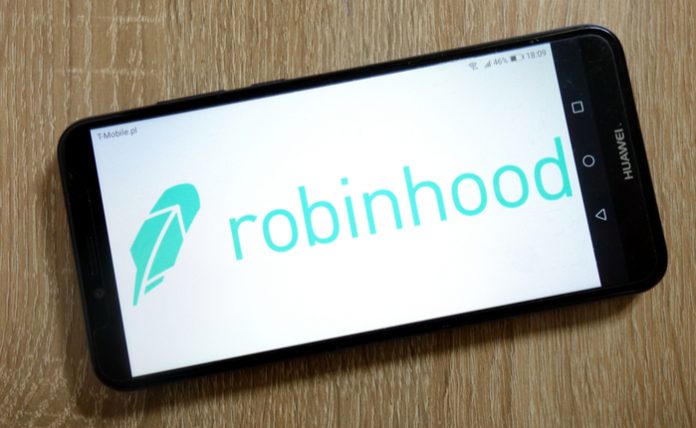A class of disgruntled investors is suing the RobinHood financial trading app company over its response to the unprecedented Gamestop rally of past weeks.
After it surfaced in the news that hedge fund managers would lose money on shorting the stock if Gamestock was bet up, Reddit groups and assorted independent day traders banded together to buy large amounts of the retailer’s equity, and the price spiked several thousand percent. Then, mysteriously, RobinHood and a few other platforms limited buys of GME. This singular change led to all sorts of questions: at first, no one was able to fully explain why this happened, a least not to the satisfaction of most bystanders.
At press time, Gamestop has deflated back to around 900% of its previous price, and many people have lost money – the original short-sellers had to exit their positions with colossal losses, and many of the smalltime investors who bought near the top have already lost some 75% of their value. Buy and hold seems like a fairly inadequate strategy, since it’s clear that the top values are not reflecting the market technicals or what GME can reasonably deliver in future quarters.
Now, some are accusing RobinHood and other brokers of “conscious parallelism” which, as Jack Martin explains at Cointelegraph, is when parties set prices in a colluding way without a formal agreement.
Some argue that RobinHood denied customers a chance to profit from the Gamestop rally, and they’re fairly outraged.
“They are changing the rules of the game during the middle of it because the wrong people started winning,” wrote dantoucan at Reddit Jan. 25, amid a larger profanity-laden screed calling out RobinHood’s selective activity.
However, RobinHood has fired back with a blog post called “under the hood” where it claims that limiting Gamestop buys was necessary due to the rules for the clearinghouse that RobinHood uses, which is elsewhere identified as Apex.
All of these details will come out in the wash as U.S. courts take a look at RobinHood’s activity. Meanwhile, there is a delayed IPO, and Metro-Goldwyn-Mayer has snapped up the movie rights, leading to speculation on what kind of blowback the firm will get from a cinematic version of events.
The central question seems to be: did RobinHood have a choice? Or did they do this at the behest of the hedge fund guys? Stay tuned.










